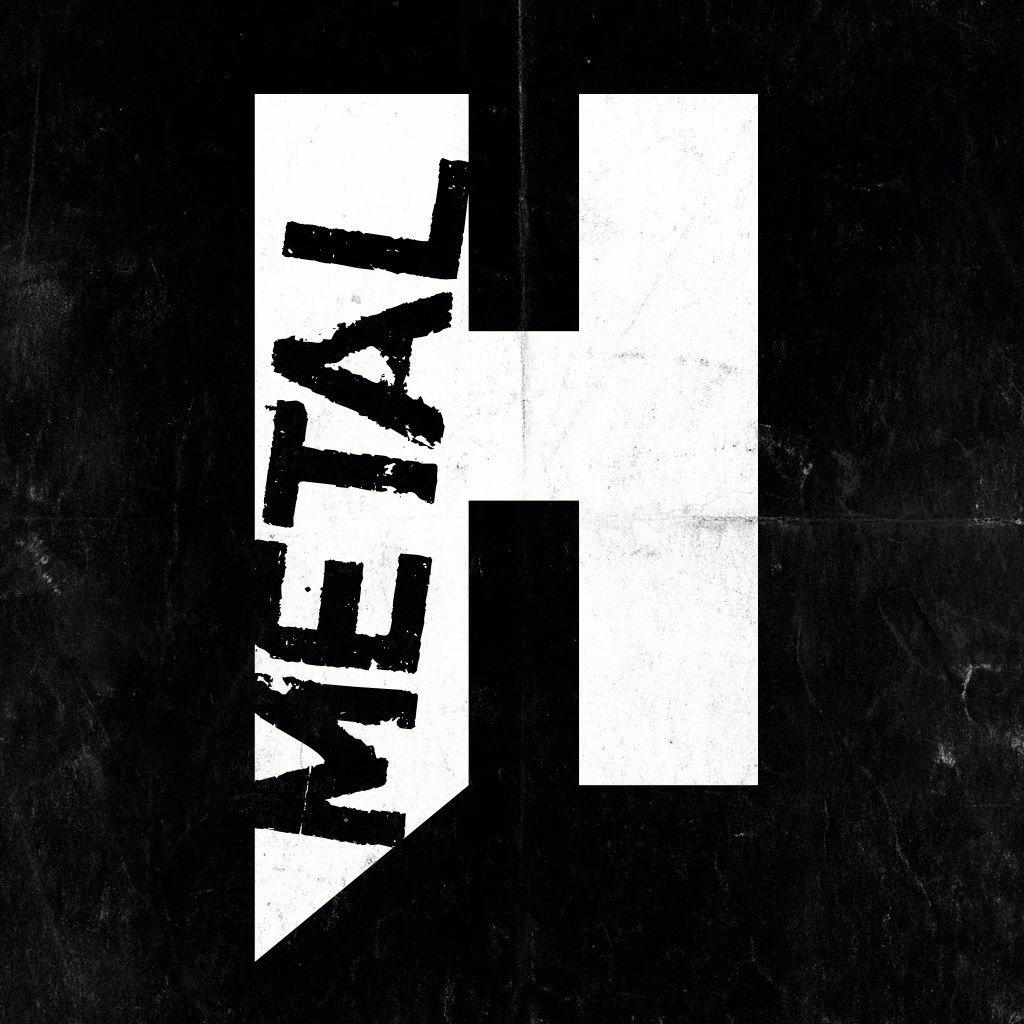The 50 best Metallica songs of all time
The 50 best Metallica songs to ever have bothered polite society
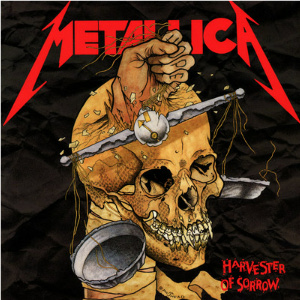
20) Harvester Of Sorrow (…And Justice For All, 1988)
High on the million-selling success around the world of the Garage Days Re-Revisited single EP, and unduly taken with the rule-breaking sound of the debut album from a bunch of LA ne’er-do-wells called Guns N’ Roses, released the same year, Ulrich felt the time had come for Metallica to jettison the thrash metal lifeboat and go for a whole new approach. Thus, …Justice was born.
The first single from the album, Harvester of Sorrow, stands as a good example of what …Justice became as a whole: bold, brilliant but imperfect. “Lyrically, this song is about someone who leads a very normal life, has a wife and three kids, and all of a sudden one day he just snaps and starts killing the people around him,” Ulrich explained at the time.
Granted, the music didn’t quite match the dizzying highs Metallica had reached with predecessor Puppets, but it didn’t matter. The single still reached No.20 in the UK chart thanks to the by-now-huge Metallica fan base – not to mention the variety of formats Phonogram were now able to market the record in.
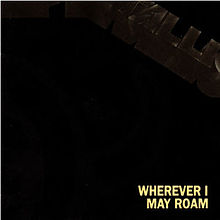
19) Wherever I May Roam (Metallica, 1991)
When James Hetfield and Lars Ulrich decided that …And Justice For All had taken Metallica as far as they wanted to go in terms of prog-metal, they revisited early classics such as For Whom The Bell Tolls and Seek And Destroy for inspiration on reconnecting with groove and feel for the Black album.
The powerful, driving riff to Wherever I May Roam perfectly encapsulates the stripped-back aesthetic they were aiming for, and when producer Bob Rock spoke of the 'Black' Album establishing Metallica as the Led Zeppelin of their generation, this was undoubtedly one of the tracks he had in mind.
Musicians singing about the brotherhood of their bands on the road is a terribly hackneyed trope, but few such compositions carry the same dignity, nobility and gravitas that Hetfield manages to imbue this muscular anthem with. If your pulse doesn’t quicken in time with the accelerating rhythm at the point Hetfield sings ‘Rover, wanderer, nomad, vagabond’ you might be clinically dead already.
It should also be noted that this song arrived in a period where it has been perceived the band began declining creatively. Whether that’s true, or whether they were simply developing into a great mainstream metal act is down to how you like your metal. Either way, Wherever I May Roam remains a highlight of an all-time great metal back catalogue.
Sign up below to get the latest from Metal Hammer, plus exclusive special offers, direct to your inbox!
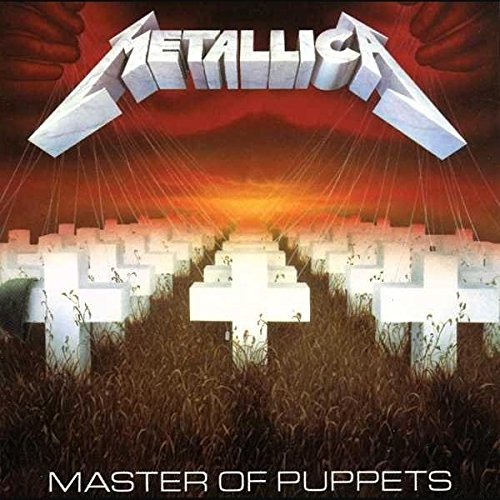
18) Disposable Heroes (Master Of Puppets, 1986)
A fine example of what we’d now call an old school thrasher – a song that’s great for banging your head to when you’re full of lager. Sure, it might not have quite the same standard of earworm hooks that made Metallica stand out from their counterparts, but as the band began to transcend their thrash roots proper, it remains one of the last great thrash songs they wrote. It also can’t be denied that Hetfield’s barked “Back to the front!” line – an ironic order directed at the cannon fodder addressed in the lyrics – has absolute authority.
A little known fact about this song is that while recording Master Of Puppets, Metallica took time out to play one gig. This was the Metal Hammer festival on September 14 at Frielichtbune Lorely, where they played Disposable Heroes live for the first time.
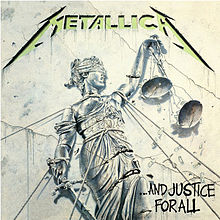
17) …And Justice For All (…And Justice For All, 1988)
Thrash can only be played with conviction if you’re young or angry – ideally both – and by the end of the 1980s Metallica had matured enough to make the idea of playing fast, violent music seem a little, well, juvenile. It follows, then, that …Justice pretty much marked the end of the band’s relationship with the genre.
Metallica’s musical ambitions had been growing with every album, but a radical step away from their previous three records, …Justice was criticised for sounding cold, clinical and sinister, with Hatfield’s huge rhythm guitar parts dominating the sound. Fans of the new, then-bassist Newsted weren’t happy with the mix, which reduced his contribution to a minimal rumble – an especially odd move given the huge bass sound of 1987’s The $5.98 EP: Garage Days Re-Revisited, which Metallica had recorded specifically to showcase Newsted’s phenomenal skills.
Still, while …Justice may have been a difficult album for many Metallica fans to truly love, this title track, built around a quirky drum tattoo and the sound of marching guitars, is one of its highlights. Hetfield rails against how ‘Justice is lost/Justice is raped/Justice is gone,’ while Hammett’s guitars – for which he receives the first of his three co-writing credits – are exemplary.
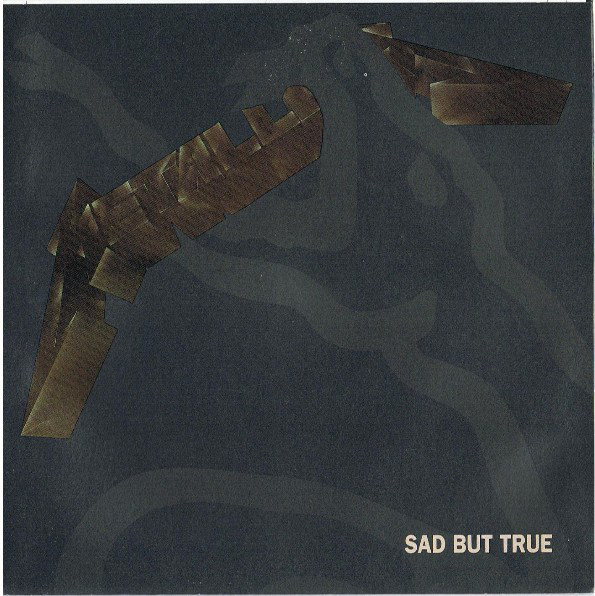
16) Sad But True (Metallica, 1991)
Enter Sandman may be the 'Black' Album hallmark, but Sad But True is as big a riff as they come: a slow, pounding beast fit to level buildings with. The sheer might of this behemoth is undeniable – fuck, it even made Kid Rock sound good. Bob Rock describes the track’s crushing riff as “this force that you just couldn’t stop”, and it’s here more than perhaps any other track that Metallica stamped their authority as metal’s new global kings.
What’s more, Sad But True laughs in the face of anyone claiming that Metallica turned their back on ‘heavy’ music in the ‘90s. Proving the old adage that less is sometimes more, its elemental, down-tuned riff is given room to breathe in a spacious arrangement that would have mystified the youthful thrashers who made Kill ‘Em All, lending the track a rare authority and power. In the words of Lars himself, “Now that’s the shit that gets my dick hard.”
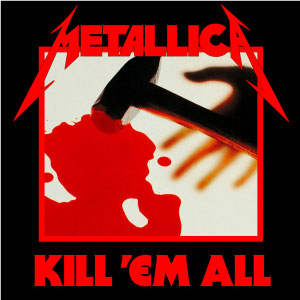
15) The Four Horsemen (Kill ‘Em All, 1983)
If Hetfield and Ulrich were the mouth and heart of Metallica, Dave Mustaine was its sneer. The wildcard guitarist was kicked out of the band a month before they were due to record Kill ’Em All, but his imprint remains – not least on this seven-minute mini-epic, powered by one of the greatest riffs the band have ever recorded. When Mustaine was fired, the band completely re-wrote the lyrics, turning it from a song with overt sexual innuendos into a more Apocalyptic vision.
“Dave brought in some things he had from his old band, Panic – things he’d been jamming, bigger-picture ideas, stuff like that,” Ulrich told us in 2016. “The song The Four Horsemen was, in its early version, called ‘Mechanix’, and it was literally a song about sex. There were lyrics about taking the hose and sticking it in the tank – a gas station stop disguised as sexual engagement. It didn’t make a lot of sense to me at the time, but we knew that was the sort of thing we wanted to move away from – the sexual stuff that hard rock bands were singing about at the time, which we we thought was a little light and a little obvious. You didn’t find stuff like that on the first Witchfynde album.”
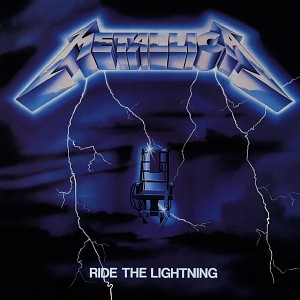
14) Ride The Lightning (Ride The Lightning, 1984)
The serrated riffs underpinning Ride The Lightning might have had their origins in thrash metal, but here they were sharper, sleeker and more incisive than anything the band had previously recorded. Kirk’s slicing guitar intro ushers in a stone-cold classic Metalli-riff in this tale of a death row inmate facing the long walk to the electric chair. It was the first of many Metallica songs to tackle the big topics: death, claustrophobia and the inescapable hand of fate.
“Ride The Lightning is a song about being trapped in a situation you can’t get out of,” Ulrich told us in 2016. “Big Brother, The Man, fear and manipulation. Those sort of things became the lyrical tentpoles over the next couple of records.”
“I was the one who spotted the phrase ‘Ride the lightning’” added Hammett. “It was when we were recording the first album, when we were staying the house of this guy named Gary Zefting. I was reading the book The Stand by Stephen King, waiting to do my parts, and I read that phrase. It stuck in my head, so I wrote it down and told James. He was, like, ‘Whoah, cool…’”
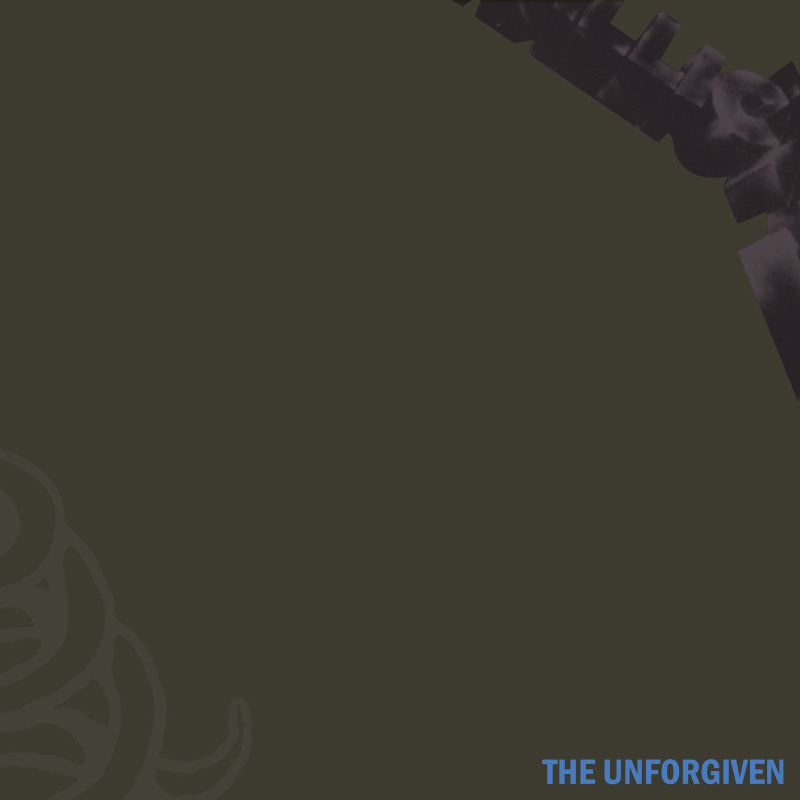
13) The Unforgiven (Metallica, 1991)
From the moment that Cliff Burton joined Metallica, the San Francisco band began taking giant creative strides away from their peers, and The Unforgiven stands as another seismic leap forward.
Laden with atmosphere and drama, it’s a brooding meditation upon life, love and liberty worthy of long-time influence Ennio Morricone, a beautifully orchestrated, perfectly-paced metallic symphony which dips and soars majestically with not a single note wasted.
It was also an example of the 'Black' Album's natural evolution. Bob Rock had first described Sad But True as a “Kashmir for the 90s”, yet it would be the grandeur of The Unforgiven that filled that role. In dispelling the publicʼs preconceptions of what Metallica might achieve, they had dispelled their own as well.

12) Seek & Destroy (Kill ‘Em All, 1983)
Is there a more enduring Metallica song than Seek & Destroy? A mainstay of the band’s live show since their early days – they’ve played it more than 1,400 times – its immortal riff first made an appearance on the legendary No Life ’Til Leather demo.
The limited recording quality of this grinding tune perhaps doesn’t do much justice to Hammett and Hetfield’s crunching guitar intentions, but at least it gives us a chance to hear Burton’s remarkably intuitive bass pulsing. It’s the control he has over the instrument – never letting it rush when it needs to groove – that gives Metallica that undeniable X-factor.
“That main riff is a classic Hetfield riff,” Ulrich told Metal Hammer in 2016. “In its demo version, Seek & Destroy was two chords, two versions and a middle bit. But one band you can’t leave out of a conversation about Metallica’s influences are Mercyful Fate. They had long songs that were journeys through all different moods and dynamics and light and shade, and they were responsible for us lengthening our own songs. By the time we’d spent six months listening to Mercyful Fate, we’d added an extra verse, an extra chorus and started making the arrangement longer. It was a matter of trying to better it, I guess.”
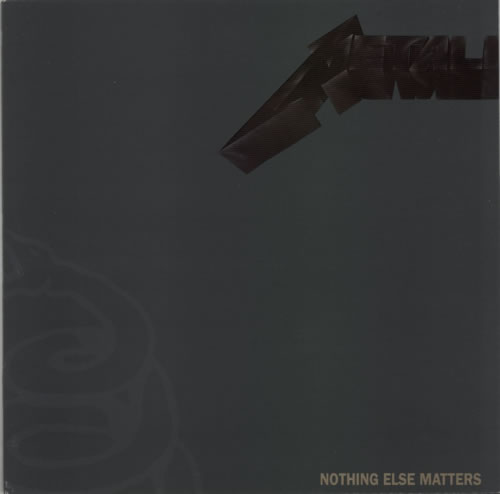
11) Nothing Else Matters (Metallica, 1991)
Upon hearing Nothing Else Matters for the first time, Hammett’s initial reaction was ‘James wrote a fucking love song to his girlfriend? That’s just weird.’ A sizeable proportion of Metallica fans felt the same way.
In truth, Hetfield wasn’t at all convinced that his first ever conventional love song should be recorded for Metallica, but both Ulrich and Bob Rock lobbied for its inclusion on the album. Undeniably affecting, this open-hearted, tender ballad is arguably Metallica’s most commercial song ever, meaning those who consider themselves ‘hardcore’ Metallica fans profess to hate it, even while singing along with moist eyes every single time it’s aired live.
The band have written better ballads, but only a try-hard idiot would dismiss this perfectly-formed composition as among the Black Album’s highlights. With Nothing Else Matters, Metallica had transgressed every boundary they’d set for themselves, and every one set by the media and public expectation. They had proven that heavy, powerful music could come through more than one medium. Theyʼd added a new dynamic to their music and opened their appeal beyond genre. Theyʼd cracked it.
Current page: The 50 best Metallica songs: 20-11
Prev Page The 50 best Metallica songs: 30-21 Next Page The 50 best Metallica songs: 10-1Founded in 1983, Metal Hammer is the global home of all things heavy. We have breaking news, exclusive interviews with the biggest bands and names in metal, rock, hardcore, grunge and beyond, expert reviews of the lastest releases and unrivalled insider access to metal's most exciting new scenes and movements. No matter what you're into – be it heavy metal, punk, hardcore, grunge, alternative, goth, industrial, djent or the stuff so bizarre it defies classification – you'll find it all here, backed by the best writers in our game.
